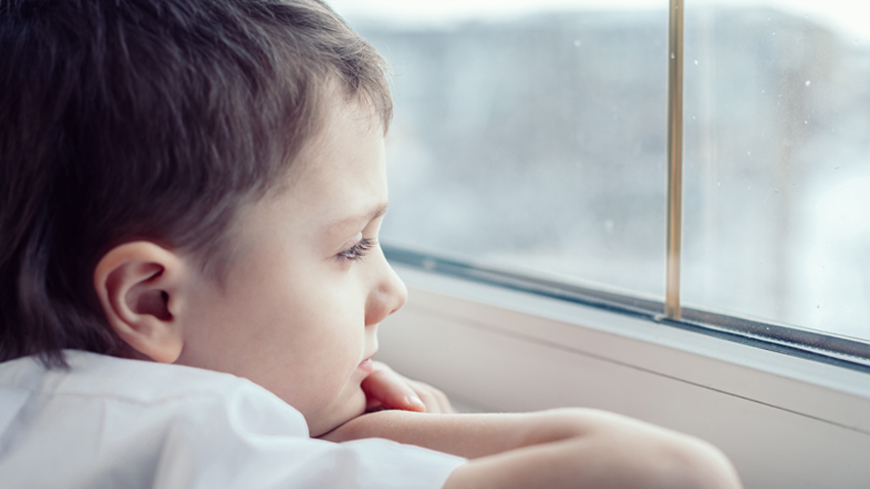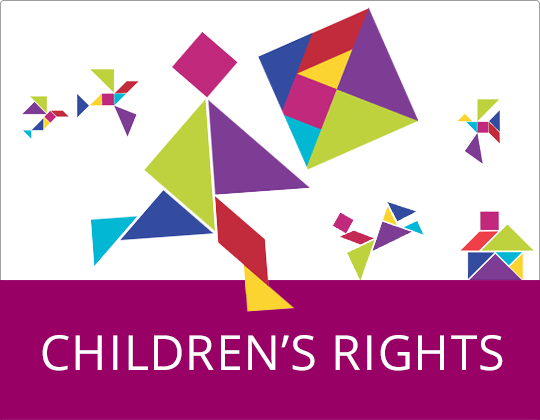For far too many girls and boys, strict confinement in times of the COVID-19 risks increasing their vulnerability to violence, including sexual abuse and exploitation. Council of Europe member states must step up protection of children against sexual exploitation and abuse, offline and online, including through sharing information about hotlines and other assistance services available to children and adults alike.
“As more and more countries are locked down, it is a tragic fact that many children, notably children in a vulnerable situation because of a mental or physical disability or a situation of dependence, are trapped with their offenders, be it at home, in out-of-home care, in makeshift refugee camps or facilities where they are deprived of liberty, “ warned George Nikolaidis and Christel De Craim, Chairperson and Vice-Chair of the Lanzarote Committee monitoring compliance of the Council of Europe’s Convention on the protection of children against sexual exploitation and sexual abuse, in a statement published today. “State Parties must ensure that all children are confined in safe environments“.
“In addition, as a result of the confinement measures, children are increasingly online and dependent on social media to remain in contact with friends, to express feelings, to study, to distract themselves. As highlighted by EUROPOL, sexual offenders are taking advantage of this situation and more children are likely to be groomed online and become victims of sexual extorsion, cyber-bullying or other sexual exploitation facilitated by information and communication technologies. It is critical to raise-awareness also on such increased online risks”, Nikolaidis and De Craim stated.
They underlined the utmost importance of raising awareness among children and public at large of helplines and hotlines, and of ensuring that they are made available round the clock, including through online platforms. “As the COVID-19 pandemic is also impacting the capacity of these services to respond to the increasing demands, State Parties should make sure that they have the adequate human resources and the equipment, so as to leave no call for help unanswered”, the Lanzarote Committee leaders stressed.
Besides, parents and caregivers confined with children must be supported in coping with their own emotions and behaviour during this crisis, and with protecting their children against all forms of violence. The Council of Europe has developed and collected a series of awareness-raising material available in many languages on a dedicated webpage, focusing not only on spotting and reporting violence against children, but also on such topics as talking to children about COVID-19, managing screen time during the crisis, finding quality content for children online, combining work and home schooling, supporting teenagers during the confinement period, and ensuring children’s online safety in time of social distancing.




